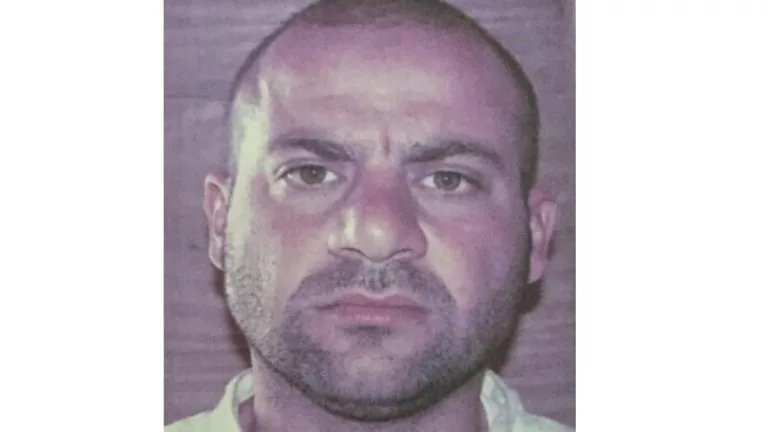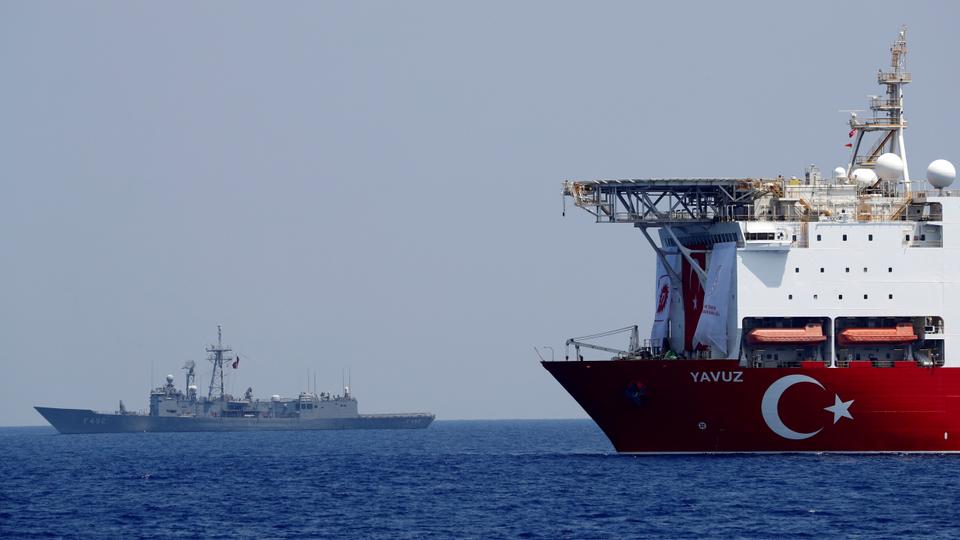New Daesh leader was informant for US, says counter terrorism report
NEW YORK: The man widely believed to be the new leader of Daesh was once an informant for the US, according to a new report from the Combating Terrorism Center (CTC), a research body at the US military academy of West Point in New York.
“Stepping Out from the Shadows: The Interrogation of the Islamic State’s Future Caliph” is based on Tactical Interrogation Reports (TIRs) — the paper trail the US military creates when enemy fighters are detained and interrogated — from Al-Mawla’s time in captivity in the late 2000s.
Before his release in 2009, Al-Mawla named 88 extremists involved in terrorist activities, and the information he divulged during his interrogations led US forces in the region to successfully capture or kill dozens of Al-Qaeda fighters, the report claims.
The CTC said it is “highly confident” Al-Mawla became the new leader of Daesh after the previous leader, Abu Bakr Al-Baghdadi, was killed in a US air raid in Syria in October 2019.
Although Daesh announced that a man called Abu Ibrahim Al-Hashimi Al-Qurashi was Baghdadi’s successor, US officials have also stated that Al-Qurashi’s true identity is actually Al-Mawla — also known as Hajj Abdullah.
Before joining Daesh, Al-Mawla is believed to have been the deputy leader of Al-Qaeda.
While details about the operation resulting in his capture are scarce, the TRIs reveal that he was captured on January 6, 2008.
The following day, US Central Command announced the capture of a wanted individual who “previously served as a judge of an illegal court system involved in ordering and approving abductions and executions.”
In his interrogations, Al-Mawla offered up details of terrorist plots to his interrogators, while minimizing his own involvement. He identified many jihadists by name and offered descriptions of their roles in the terrorist organization and details of their involvement in attacks on US-led coalition forces during the 2003 invasion of Iraq.
Al-Mawla — a former officer in Saddam Hussein’s army and once Baghdadi’s speechwriter — emerges from the TIRs as a mysterious personality with a vague past, whose ethnicity could not be determined with certainty. The statements in the reports are rife with contradictory elements and open to a wide range of interpretations. As the authors point out in their introduction: “It is incredibly difficult to ascertain whether what Al-Mawla divulges regarding himself or ISI (the forerunner of Daesh) as an organization is true.”
Details of the specific demographics of Al Mawla’s birthplace of Al-Muhalabiyyah in Iraq’s Tal Afar district are sketchy, but it is generally accepted to have a predominantly Turkmen population. The authors of the report point out that some sources have suggested “this could pose legitimacy problems for him because (Daesh) mostly has Arabs in its senior leadership echelons,” but add that at least two other senior members of the group were reported to have been Turkmen.
Al-Mawla also claimed to have avoided pledging allegiance to ISI because he was a Sufi. The report’s authors cast doubt on that claim, given his quick rise to prominence in the terrorist group and the fact that ISI and Daesh branded Sufism as heresy.
But the authors do believe the TRIs give some valuable insights into Al-Mawla’s personality.
“The fact that he detailed activities and gave testimony against (fellow jihadists) suggests a willingness to offer up fellow members of the group to suit his own ends,” they wrote. “The amount of detail and seeming willingness to share information about fellow organization members suggests either a degree of nonchalance, strategic calculation, or resignation on the part of Al-Mawla regarding operational security.
“He appears to have named individuals in some capacity across all levels of the organization, while describing some individuals in some detail,” they continued.
The US Department of Justice has offered a $10million reward for information about Al-Mawla’s identification or location.

Morocco warns of Sahel ‘time bomb’ after Daesh-linked cell bustedDaesh women crowdfund smuggler fees to escape SDF detention



